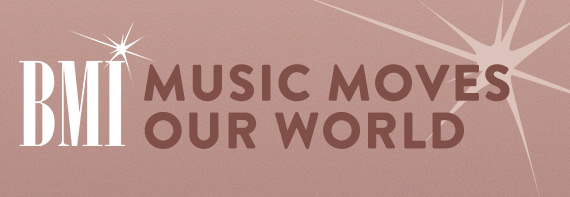For my 12th column I did more entertainment-related pickups, meaning I picked them up from press releases or other news outlets. I led with a local Southern California story about a snake that ate a Chihuahua. As usual, I missed the real story, which was that BMI’s MusicBot was an early effort by the music industry to regulate the use of copyrighted music on the internet, and that Kinky Friedman’s reissues were on N2K’s Music Boulevard website, which was among the first to offer piracy-protected music for download.
BMI’s MusicBot the RoboCop of Cyberspace 10/30/1997
by H.B. Koplowitz
The owner of a Chihuahua-eating snake is appealing for donations over the Internet to bring his pet Colombian red-tailed boa back to his home in the San Fernando Valley.
In August, Alisss slithered away from Angus Johnson’s West Hills home and ate Flossie Torgerson’s dog, a long-haired Chihuahua named Babette, as Torgerson watched in horror. And took photos. She sued Johnson for damages and they appeared on the new The People’s Court TV show, where the judge, former New York Mayor Ed Koch, ruled in favor of Torgerson.
Meanwhile, Johnson has been fighting a separate battle with authorities to regain custody of the snake. After devouring Babette, Alisss was taken to the West Valley Animal Control shelter in Chatsworth. When the city refused to issue Johnson a wild animal permit so he could get his snake back, he claimed discrimination and threatened to sue.
Now the snake is in San Bernardino County, staying with a friend of Johnson’s. But the city won’t let him bring his snake home until he pays $70 for the permit, plus $150 in court costs and fines, and Johnson says he doesn’t have the money. His Web page seeks donations for the Free Alisss Defense Fund, although it is more like the Bring Alisss Home Fund, since the snake is no longer in a shelter.
Johnson is an aspiring hard rock musician. He has used Alisss, which is named after Alice Cooper, in his act. He says he rescued Alisss from an abusive owner eight years ago, and that the snake usually sleeps under his pillow.
The music cop, BMI, has unleashed a new Web robot that monitors music in cyberspace. “MusicBot” combs the Web, quantifying the use of music on different sites.
“BMI is working to make it easy to add the value of music to Web sites,” said BMI Senior Vice President of Licensing John Shaker. “At the same time, we want to make sure that music rights holders are encourage to let their music be performed online with the confidence that they will be properly compensated.
MusicBot is an automated tracking and database technology. It tracks the use of BMI-licensed music 24 hours a day, seven days a week, doing the work of 20 full-time employees for a fraction of the cost. Preliminary returns from MusicBot suggest that about 2 percent, or 26,000 of the 1.3 million sites on the Web, use audio files.
BMI distributes royalties to songwriters, composers, and music publishers for the performance and copying of their works. MusicBot is the latest BMI initiative to protect the rights of the more than 200,000 copyright holders it represents.
The organization has created three new licenses (Web site wide license, music area license and corporate image license) for Web sites to get the rights to music. The license applications can be downloaded at BMI’s Web site, which also has information on licensing music on radio, TV, cable, businesses and the Internet, and a huge Internet song title database searchable by song title or writer, with writer and publisher information on songs licensed by BMI.
Two classic CDs from irreverent musician, author and raconteur Kinky Friedman are for sale online exclusively at N2K’s Music Boulevard Web site. [In 1999, Music Boulevard was purchased by CDNow, which was acquired by Amazon in 2002]. The Internet release of Old Testaments and New Revelations and From One Good American to Another coincides with the release of Friedman’s latest mystery novel, Roadkill.
Old Testaments and New Revelations includes 21 songs spanning 20 years of road grit and flat beer. The set includes such classics as “They Ain’t Makin’ Jews Like Jesus Anymore,” recorded live in 1992 on the Don Imus radio show, and “The Ballad of Charles Whitman,” featuring the legendary Texas Jewboys.
In From One Good American to Another, Friedman explores his folk/country roots. The CD features Dr. John and members of Dylan’s Rolling Thunder revue as well as The Texas Jewboys, classics such as “The Ballad of Ira Hayes” and “Hobo’s Lullaby,” and a moving rendition of “Old Shep.”
The Kinkster has parlayed his singing career into a new incarnation as a mystery writer and super sleuth of his own novels. Roadkill features himself as a country music singer/ace detective coming to the aid of friend and country music star Willie Nelson.
Know of a “Kinky” site? Send your questions, comments or suggestions to XXXX@earthlink.net.



